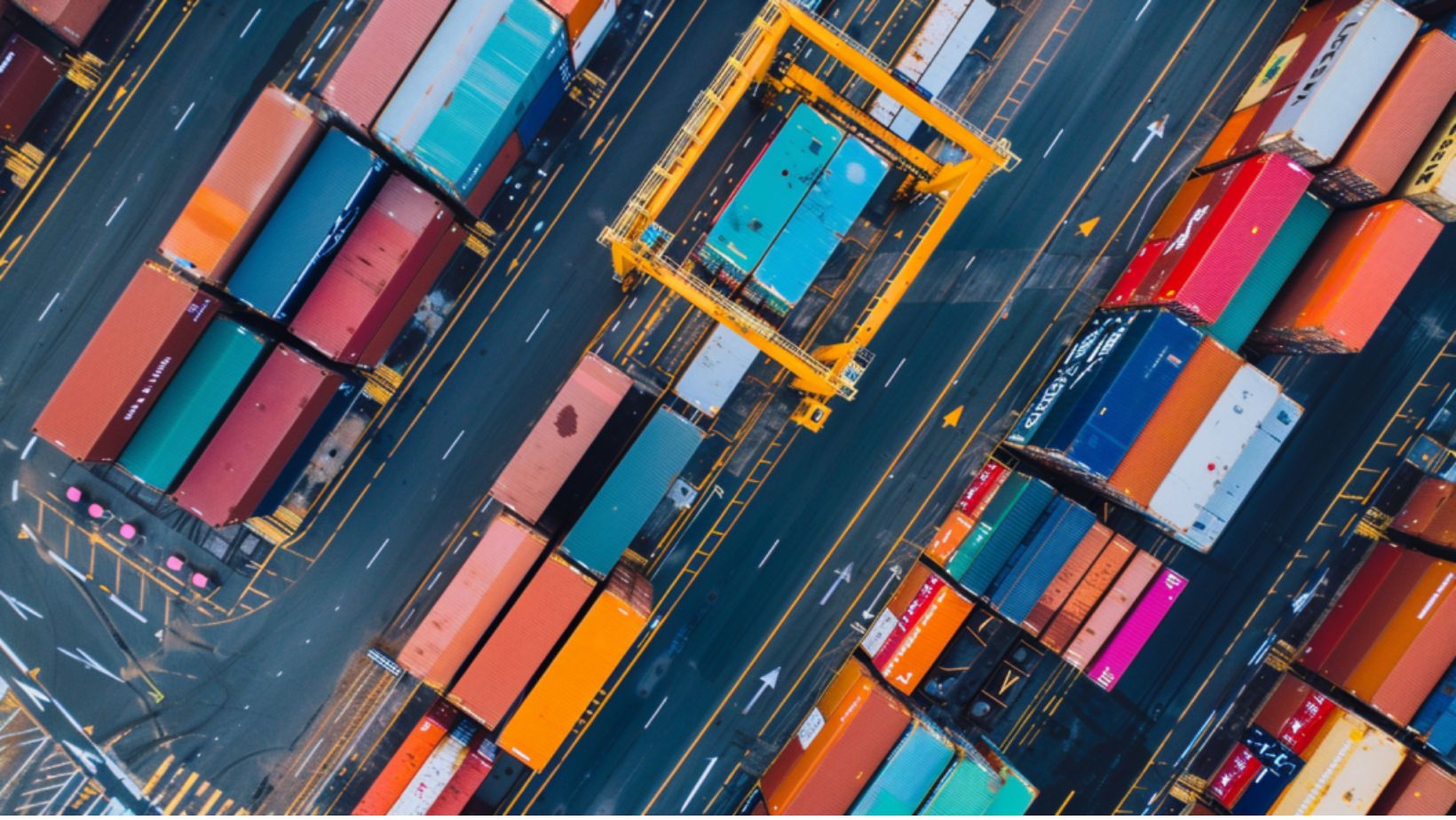Importers should control their inbound freight to achieve better landed costs, visibility and control of inventory flows, and to be more competitive in their market. The importer should always have the option to control their freight’s destiny. It may seem easier to let the foreign supplier arrange for the transportation of the freight, but there are many opportunities to drive costs out of the supply chain by controlling the inbound freight.
Many importers are unaware that foreign shippers use international freight transportation as a profit-generator by charging the importer for their freight costs at a marked-up price. The importer should negotiate Inco terms to control as much of the transportation elements as possible to avoid marked-up freight costs. Knowing the true cost of freight will lower the landed costs of the goods being imported and will help the importer to avoid unnecessary expenditures. Lowering the landed cost of imported goods helps the importer to be more competitive in the marketplace. The importer can use the money saved from a lean supply chain and invest the capital in product development, sales, marketing, customer service, or other customer-facing priorities.
Controlling inbound freight gives the importer the option to dictate the methods of transportation and the times tables for arrival, allowing for greater visibility within their supply chain. If the foreign supplier controls the freight, the importer has no options or input, and therefore limited visibility. To create a lean supply chain, importers should utilize a purchase order management system to strategically plan their regular shipments which will help the importer to control its incoming inventory flows and to secure lower freight rates in choosing the most cost-effective and fastest routes.
In partnering with a licensed freight forwarder and customs broker, the importer can be as involved in the importation process as they wish – or rely on their partner to handle every aspect seamlessly.A strong relationship with a trusted freight forwarder and customs broker will lower the landed cost of the goods being imported and will also reduce time-in-transit by avoiding unnecessary penalties and delays.The freight forwarder will be able to secure a better price for inbound freight than the importer can on their own. Freight forwarders can leverage their global network and act as an extension of the importer’s business in communicating with the foreign supplier in their language and in their time zone. The customs broker will help the importer to accurately classify the goods being imported, file the necessary forms and notices, and pay duties and taxes with U.S. Customs on the importer’s behalf.
There are many opportunities for importers to become more efficient and profitable by controlling their inbound freight. In doing so, importers gain international freight options and visibility. A licensed freight forwarder and customs broker will expertly and seamlessly arrange international transportation and will serve as an advocate for the importer’s business in helping them to avoid unnecessary penalties and delays. Importers that know the true cost of freight will be able to plan their inventory flows according to their needs. Importers can use the money saved to invest in product development, sales, marketing, and other customer-facing priorities to be more competitive in their market.






Follow Us